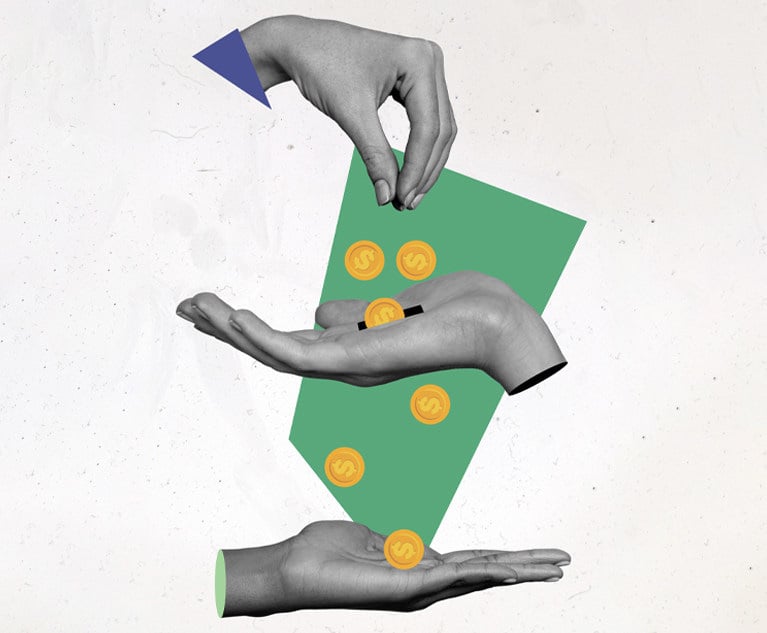The primary goal of a lawyer who sends a cease-and-desist letter typically is to warn the recipient to stop engaging in activities the sender claims violate the lawyer’s clients’ rights or, failing to cease, be served with a lawsuit. If litigation occurs, cease-and-desist letters can play a significant role in the lawsuit proceeding, from whether there is an “actual case or controversy” to whether the court has personal jurisdiction over the parties.
This article examines two recent entertainment-industry cases that illustrate how judges have decided these cease-and-desist letters issues.









